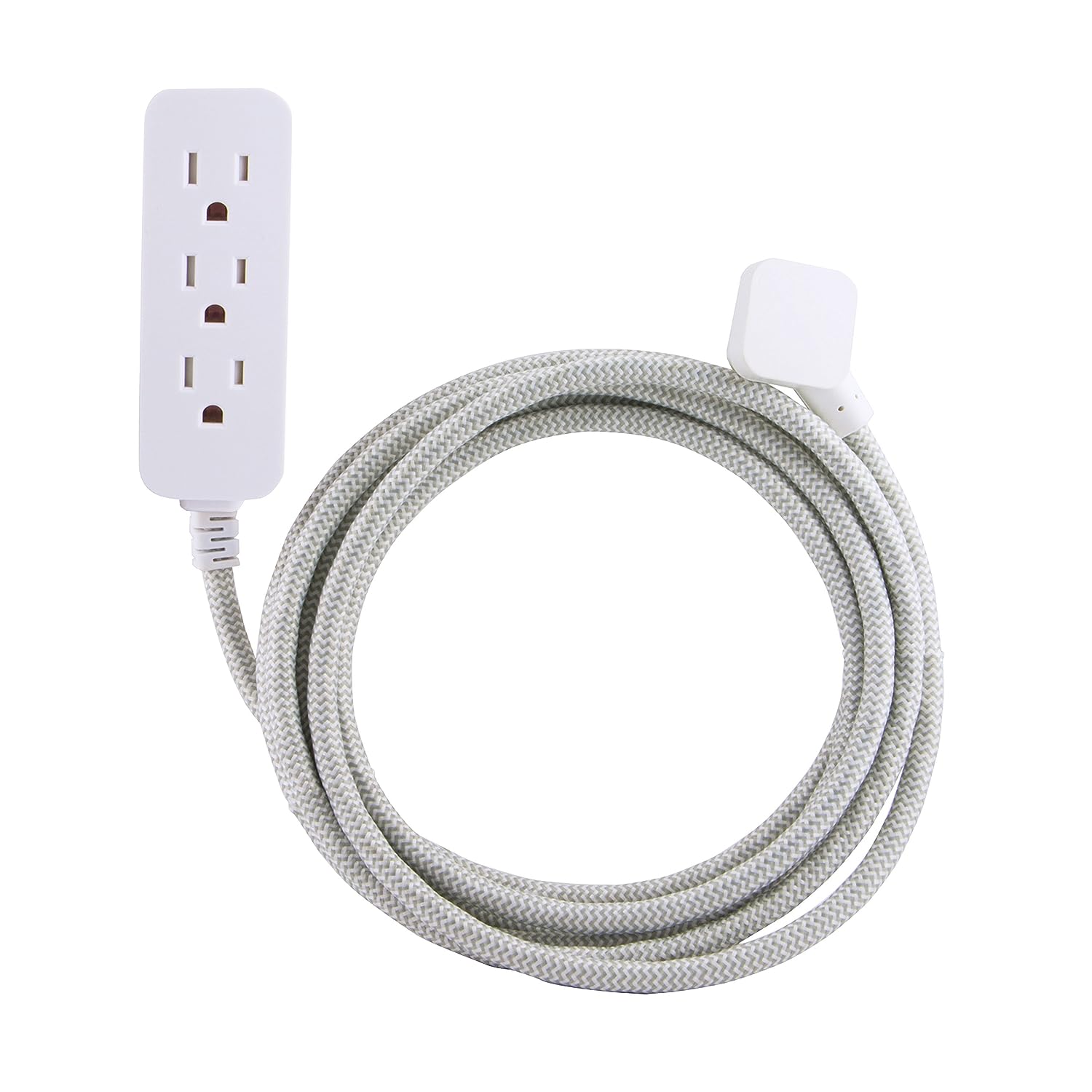

Articles
What Gauge Extension Cord For Freezer
Modified: May 6, 2024
Get the right gauge extension cord for your freezer with these helpful articles. Learn about the best options for keeping your freezer running efficiently and safely.
(Many of the links in this article redirect to a specific reviewed product. Your purchase of these products through affiliate links helps to generate commission for Storables.com, at no extra cost. Learn more)
Introduction
Welcome to our guide on choosing the right gauge extension cord for your freezer. Whether you have a chest freezer in your garage or a stand-alone freezer in your kitchen, using an extension cord can be a convenient solution when you need to place your freezer further away from an electrical outlet. However, it’s important to understand that not all extension cords are created equal.
Extension cord gauge is crucial when it comes to running high-powered appliances like freezers. The gauge of an extension cord refers to the thickness of its wire conductor. The lower the gauge number, the thicker the wire and the higher the current it can handle. Using an inappropriate gauge extension cord for your freezer can result in voltage drops, decreased efficiency, and even damage to your appliance.
In this article, we’ll delve into the different extension cord gauges, the considerations for freezer usage, and provide guidance on choosing the right gauge extension cord for your freezer needs. Let’s get started!
Key Takeaways:
- Choose the right gauge extension cord for your freezer by following the manufacturer’s recommendations, calculating power requirements, and prioritizing safety features. Opt for a lower gauge for added safety margin and reliable operation.
- Prioritize safety and efficiency when selecting an extension cord for your freezer. Consider power requirements, cord length, and safety features, and invest in a high-quality, durable cord to ensure optimal performance and minimize hazards.
Read more: What Gauge Is An Extension Cord
Understanding Extension Cord Gauges
Extension cords are available in various gauges, typically ranging from 18 to 10. The gauge number indicates the thickness of the wires inside the cord. The lower the gauge number, the thicker the wires and the higher the capacity for carrying electrical current.
Here’s a breakdown of some common extension cord gauges:
- 18 Gauge: This gauge is commonly used for light-duty applications such as low-power household appliances and lamps. It is not suitable for heavy-duty appliances like freezers.
- 16 Gauge: A step up from 18 gauge, the 16-gauge cord offers better current-carrying capacity and is suitable for medium-duty applications. While it can handle some low-power freezers, it is still not recommended for heavy-duty usage.
- 14 Gauge: This gauge is one of the most common choices for general household use. It can handle a moderate amount of current and is suitable for a variety of appliances. However, it may not be sufficient for larger or higher-powered freezers.
- 12 Gauge: The 12-gauge cord is heavier and has even more current-carrying capacity. It is commonly used for high-power tools and appliances but may still not be ideal for large freezers.
- 10 Gauge: The heaviest and thickest gauge, the 10-gauge cord offers the highest capacity for carrying electrical current. It is commonly used for heavy-duty equipment and appliances, including large freezers.
Remember, using a higher gauge extension cord than you need is not harmful, but using a lower gauge cord can lead to overheating of the cord, damage to the appliance, and potential electrical hazards.
Now that we have a basic understanding of extension cord gauges, let’s move on to the considerations for using extension cords with freezers.
Considerations for Freezer Usage
When using an extension cord with your freezer, there are several important factors to consider. These considerations will help ensure the safe and efficient operation of your freezer while using an extension cord:
- Power Requirement: Determine the power requirements of your freezer. This information can usually be found in the freezer’s user manual or on the appliance itself. Pay attention to the wattage or amperage rating.
- Distance: Measure the distance between your freezer and the nearest electrical outlet. This will help you determine the length of extension cord needed.
- Gauge Rating: Check the manufacturer’s guidelines for your freezer to see if they recommend a specific gauge for extension cords. Following the manufacturer’s recommendations is crucial to ensure safe and optimal performance.
- Operating Temperature: Consider the operating temperature of your freezer’s location. If the environment is particularly cold or hot, it can affect the performance of the extension cord. Some cords are labeled as “all-weather” or “suitable for extreme temperatures” and may be more suitable for outdoor or harsh environments.
- Safety Certifications: Look for extension cords that are certified by reputable safety organizations such as Underwriters Laboratories (UL). These certifications indicate that the cords have undergone testing to meet industry safety standards and can handle the load safely.
- Cord Length: Choose an extension cord with an appropriate length. Avoid using excessively long cords as they can lead to power loss and heat buildup. It is generally recommended to use the shortest cord that can reach your freezer.
- Cord Quality: Invest in a high-quality extension cord made of durable materials. Look for cords with thick insulation and sturdy plugs that can withstand the demands of powering a freezer.
By considering these factors, you can ensure that your freezer operates safely and efficiently with an extension cord. Now, let’s move on to the crucial step of choosing the right gauge extension cord for your freezer.
When choosing an extension cord for a freezer, use a 14-gauge cord for a 25-foot run, and a 12-gauge cord for a 50-foot run to ensure proper power supply and prevent overheating.
Choosing the Right Gauge Extension Cord for Freezer
Now that you understand the importance of extension cord gauges and have considered the specific requirements for using an extension cord with your freezer, let’s discuss how to choose the right gauge extension cord:
- Refer to the Manufacturer’s Recommendations: First and foremost, consult the manufacturer’s guidelines for your freezer. They may specify a recommended gauge for extension cords. Following these recommendations is crucial to ensure safe and optimal performance.
- Calculate the Wattage or Amperage: Determine the wattage or amperage required by your freezer. You can find this information in the user manual or on the appliance itself. Make sure the extension cord you choose has a gauge rating that can handle the required power.
- Consider Length: Measure the distance between your freezer and the electrical outlet to determine the required cord length. Opt for the shortest cord that can reach your freezer to minimize power loss and potential hazards.
- Choose a Lower Gauge: If you have the flexibility and budget, it is generally recommended to choose an extension cord with a lower gauge than the minimum required by the manufacturer. This provides a safety margin and helps to prevent voltage drops and overheating.
- Check the Cord Rating: Ensure that the chosen extension cord is rated for the specified power requirements and has a gauge that can handle the load. Look for cords that are labeled as suitable for freezers or high-power appliances.
- Consider Safety Features: Look for extension cords with built-in safety features such as strain relief, grounded plugs, and surge protection. These features can provide added safety and protect against power surges.
- Quality and Durability: Invest in a high-quality extension cord made of durable materials. Look for cords with thick insulation, robust plugs, and reliable connections. A reliable cord will ensure a stable power supply to your freezer.
Taking these factors into account will help you select the right gauge extension cord for your freezer, ensuring safe and efficient operation even when placed further away from the electrical outlet.
Conclusion
Choosing the right gauge extension cord for your freezer is essential for ensuring safe and efficient operation. By understanding extension cord gauges, considering specific freezer usage factors, and following the manufacturer’s recommendations, you can make an informed decision.
Remember to calculate the wattage or amperage requirements of your freezer, measure the distance to the electrical outlet, and choose an extension cord with a gauge rating that can handle the load. Opting for a lower gauge than the minimum recommended by the manufacturer can provide an added safety margin.
Additionally, prioritize safety features such as strain relief, grounded plugs, surge protection, and choose a high-quality extension cord made of durable materials. This will ensure a reliable and stable power supply to your freezer, minimizing the risk of damage or electrical hazards.
Always follow safety guidelines and consult the manufacturer’s recommendations to maximize the lifespan and performance of your freezer. Regularly inspect the extension cord for any signs of wear or damage and replace it if necessary to maintain optimal functionality.
With the right gauge extension cord, you can conveniently place your freezer wherever you need it, keeping your food and frozen items safely preserved. Take the time to select the appropriate cord, and enjoy the convenience and flexibility it provides.
Remember, safety should always be a top priority when using extension cords. Use them responsibly, follow the guidelines, and consult a professional if you have any doubts or concerns.
Ready to tackle more about home essentials? If you're curious about more robust options that can handle bigger demands, our article on heavy-duty extension cords is a must-read. Meanwhile, for those planning to upgrade their food storage solutions, diving into our review of top cold storage options for 2024 will guide you in making the best choice for preserving your perishables efficiently.
Frequently Asked Questions about What Gauge Extension Cord For Freezer
Was this page helpful?
At Storables.com, we guarantee accurate and reliable information. Our content, validated by Expert Board Contributors, is crafted following stringent Editorial Policies. We're committed to providing you with well-researched, expert-backed insights for all your informational needs.
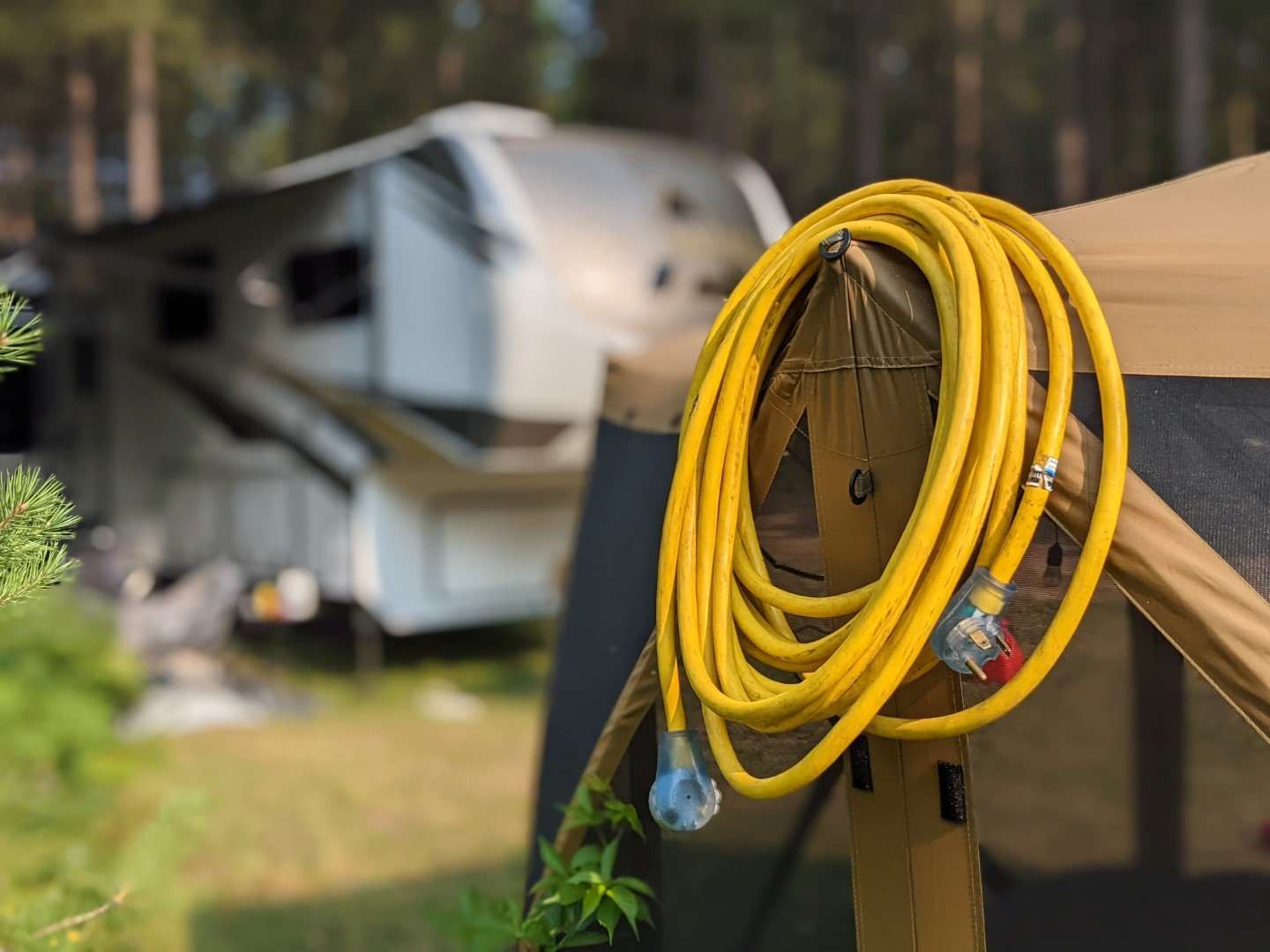
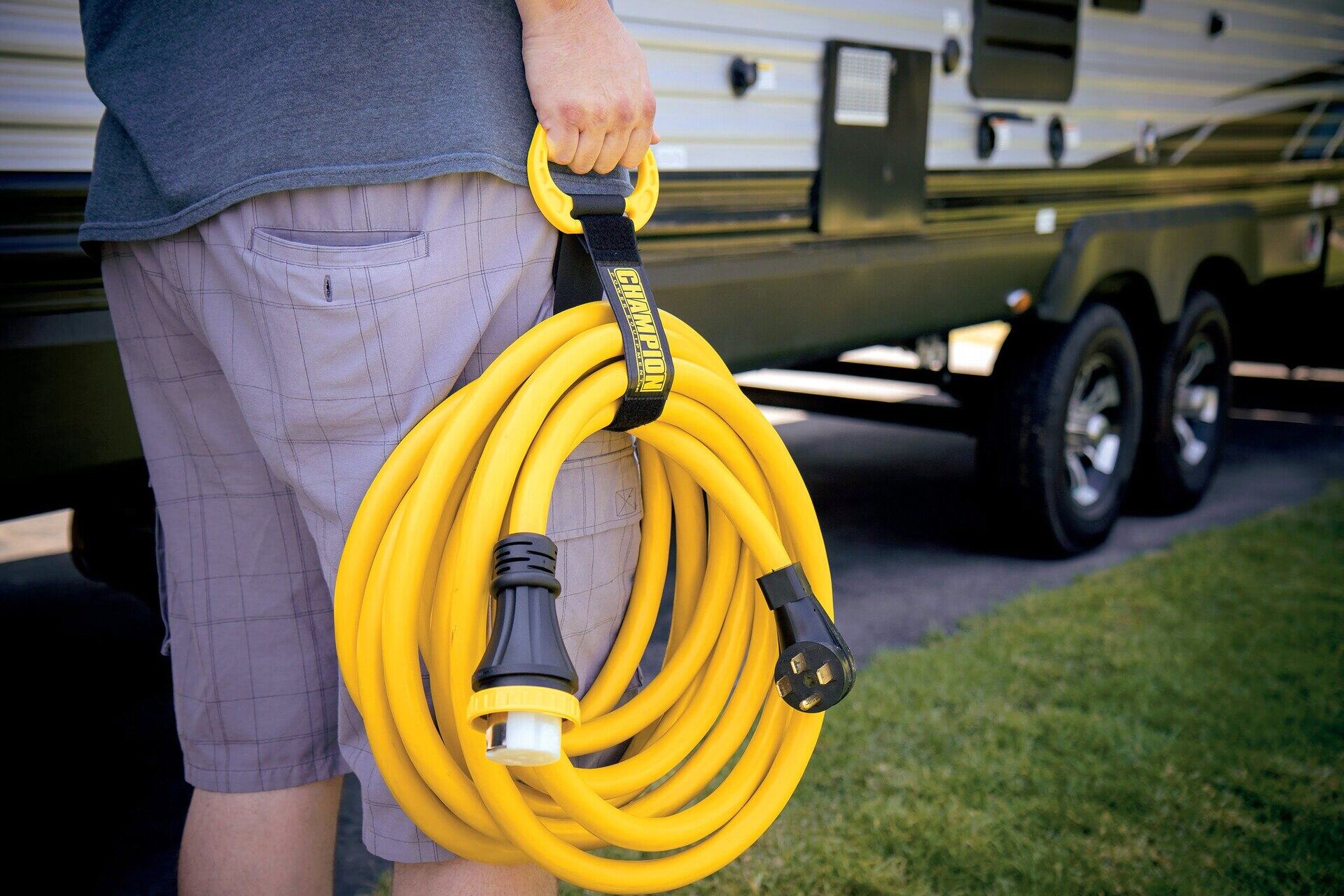
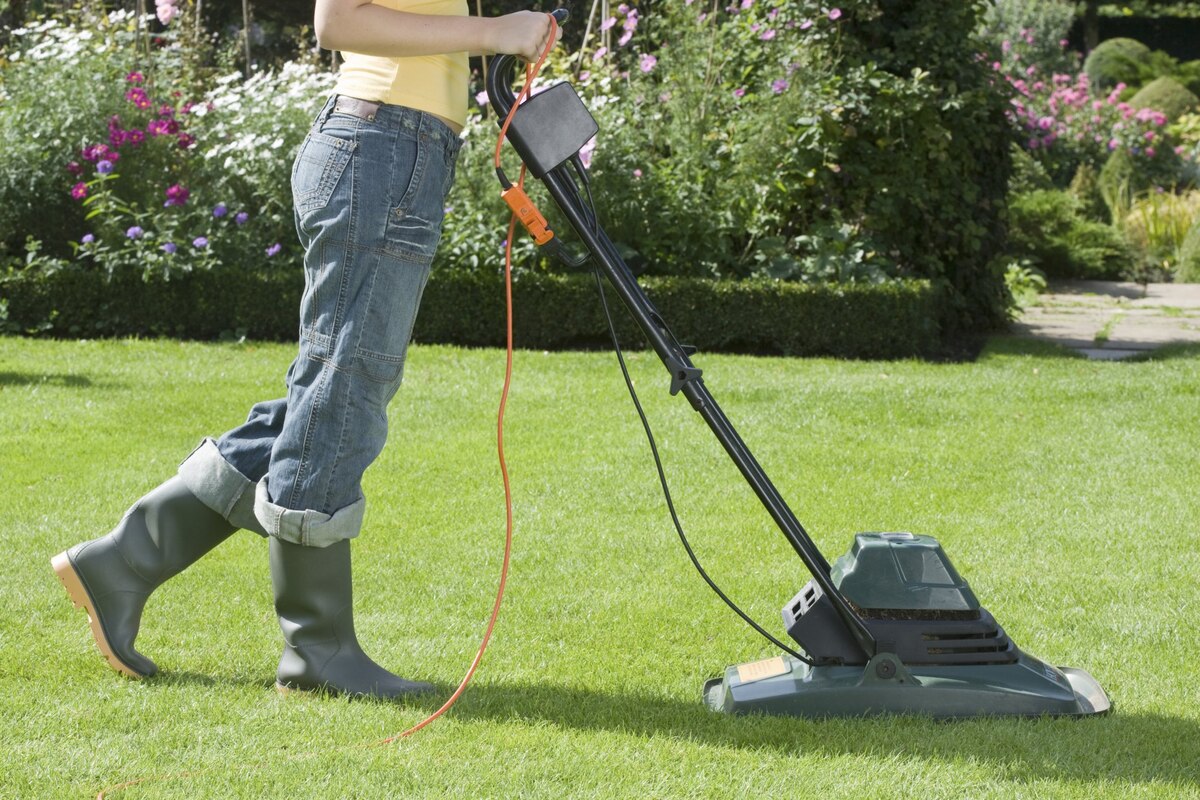
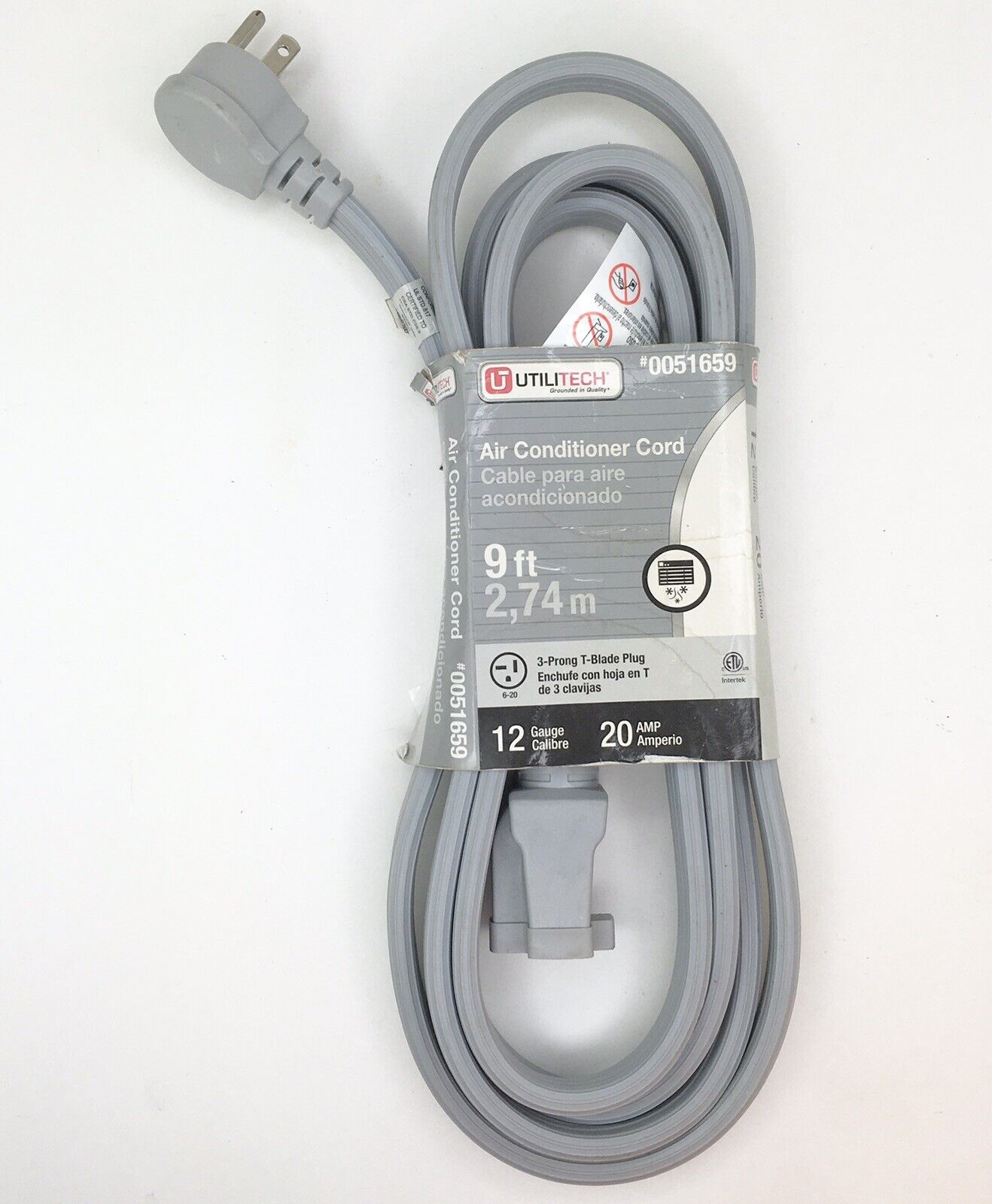
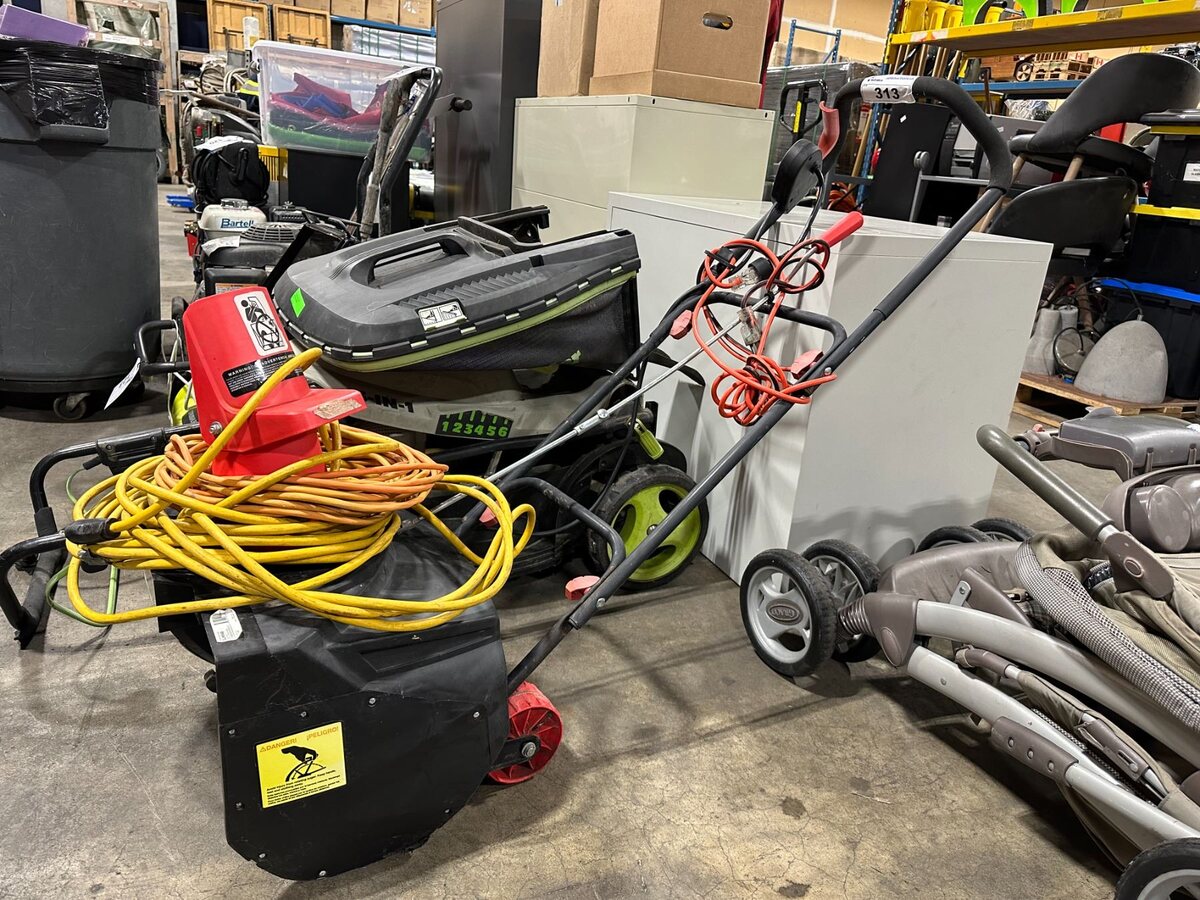
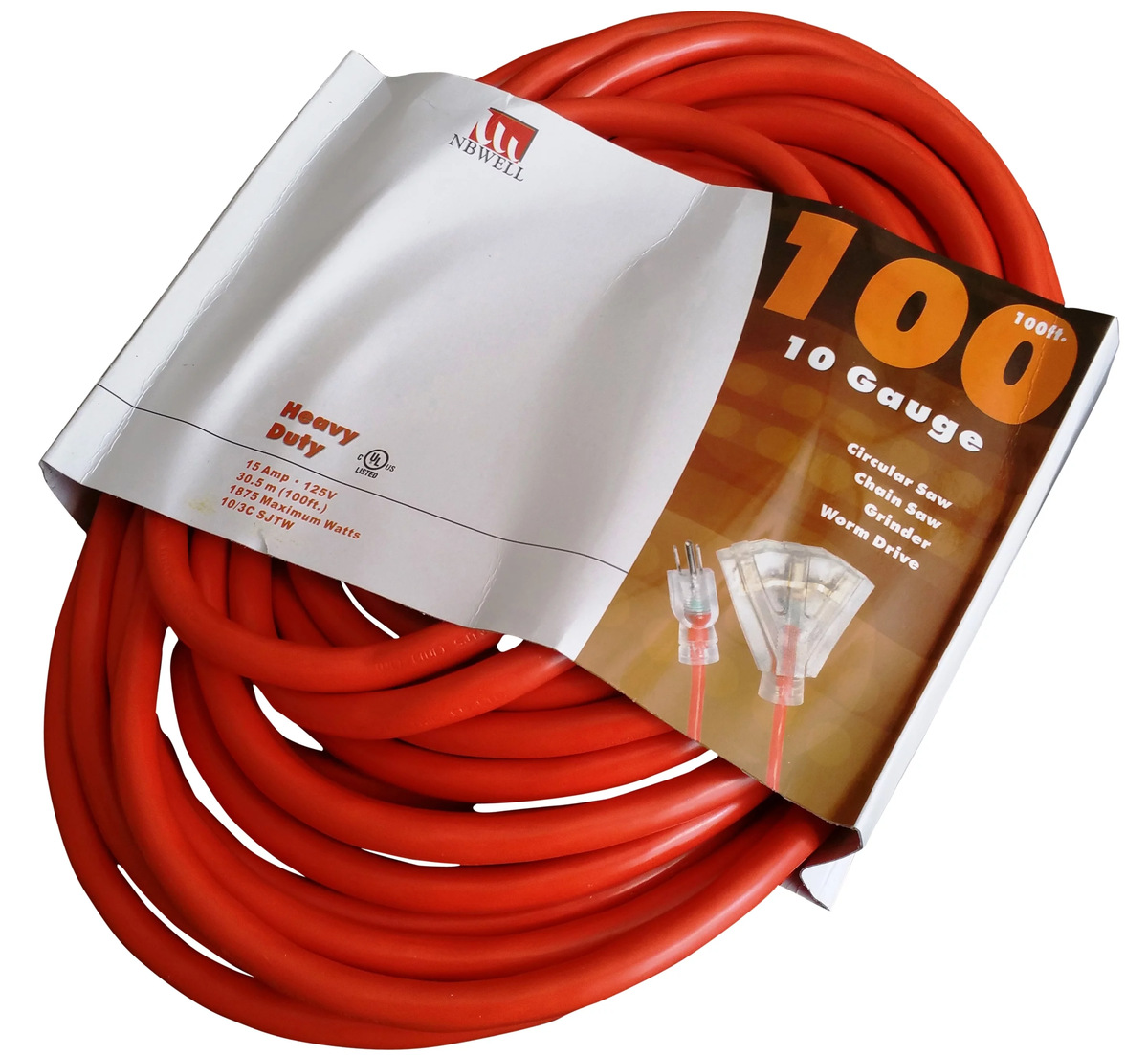
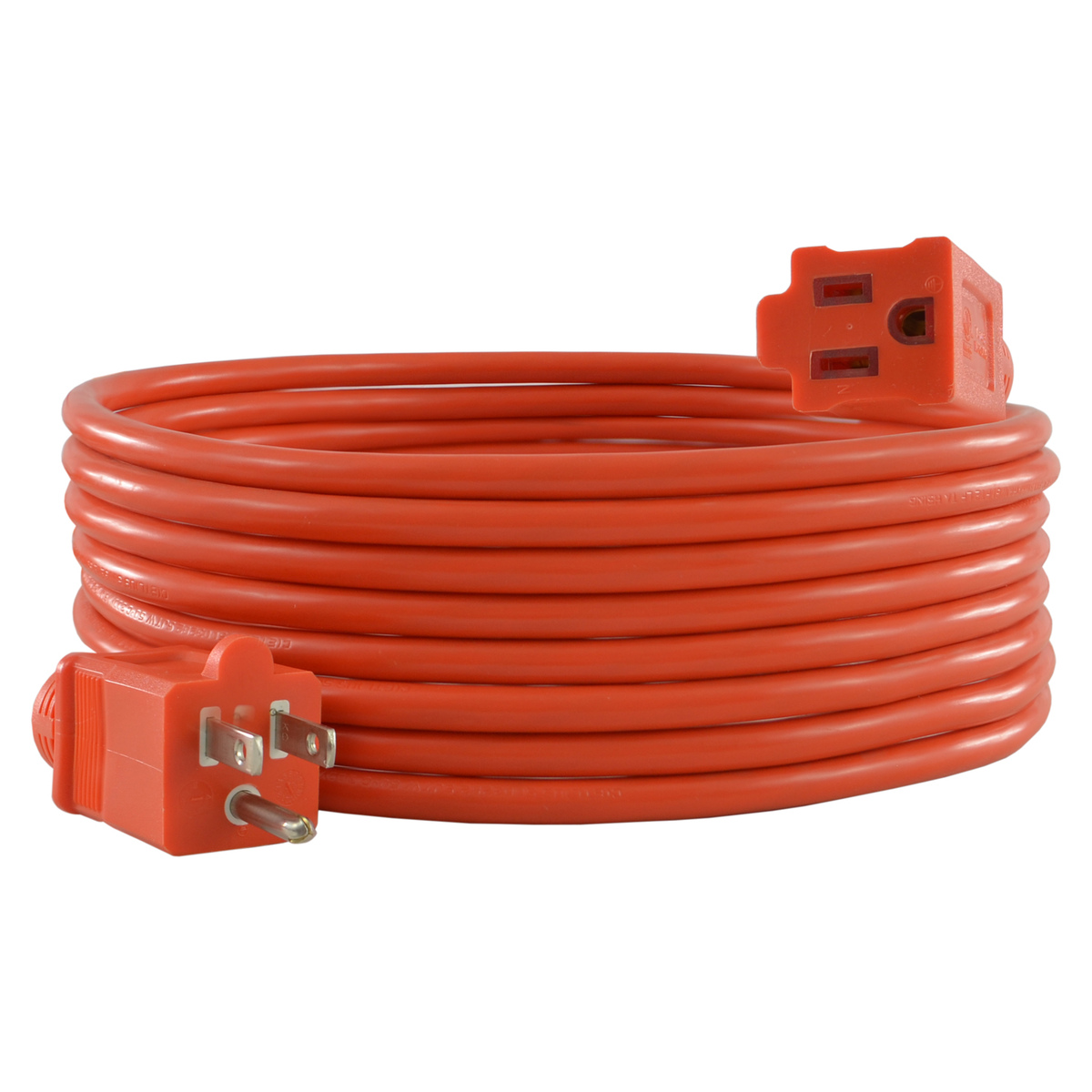
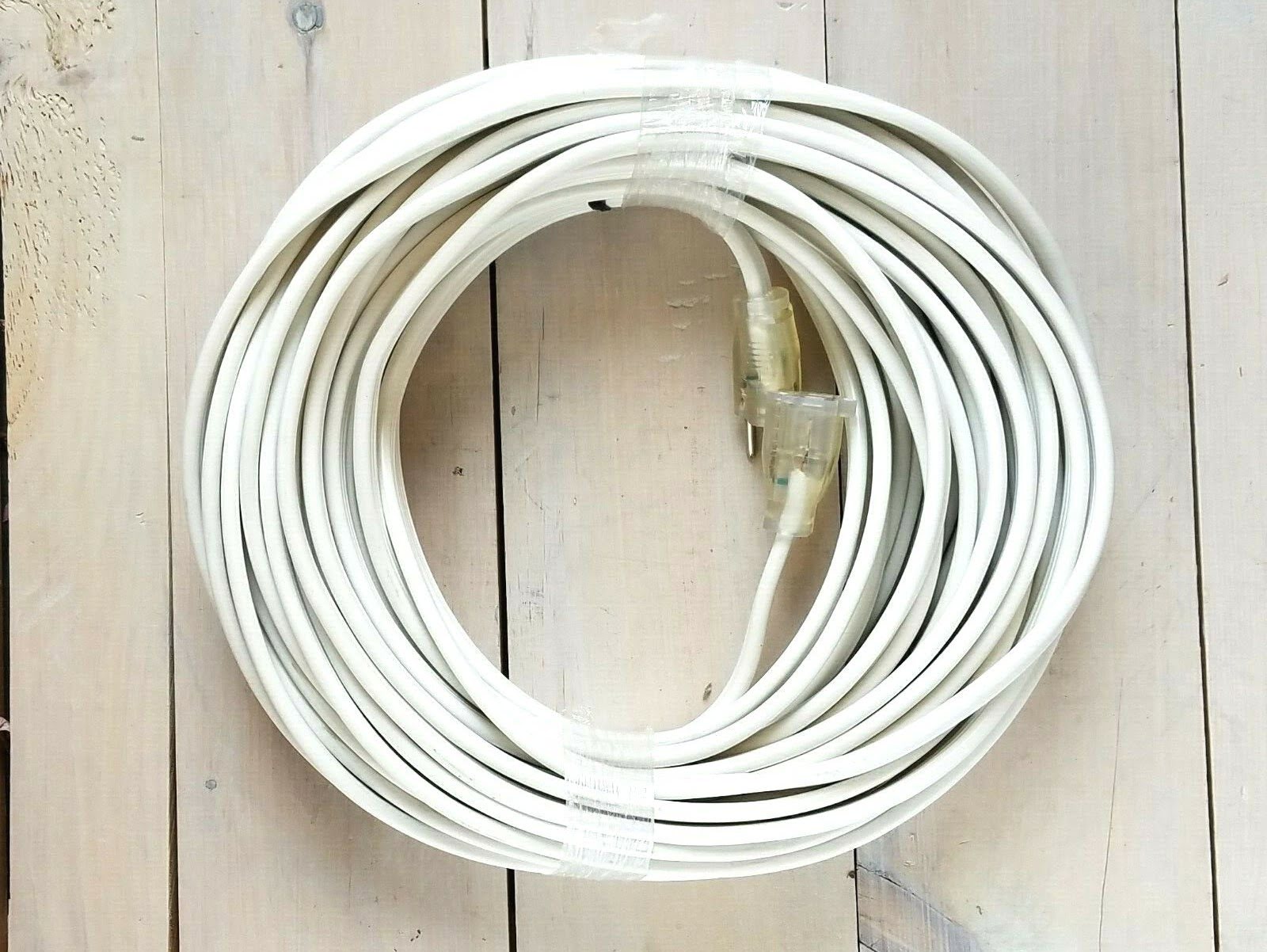
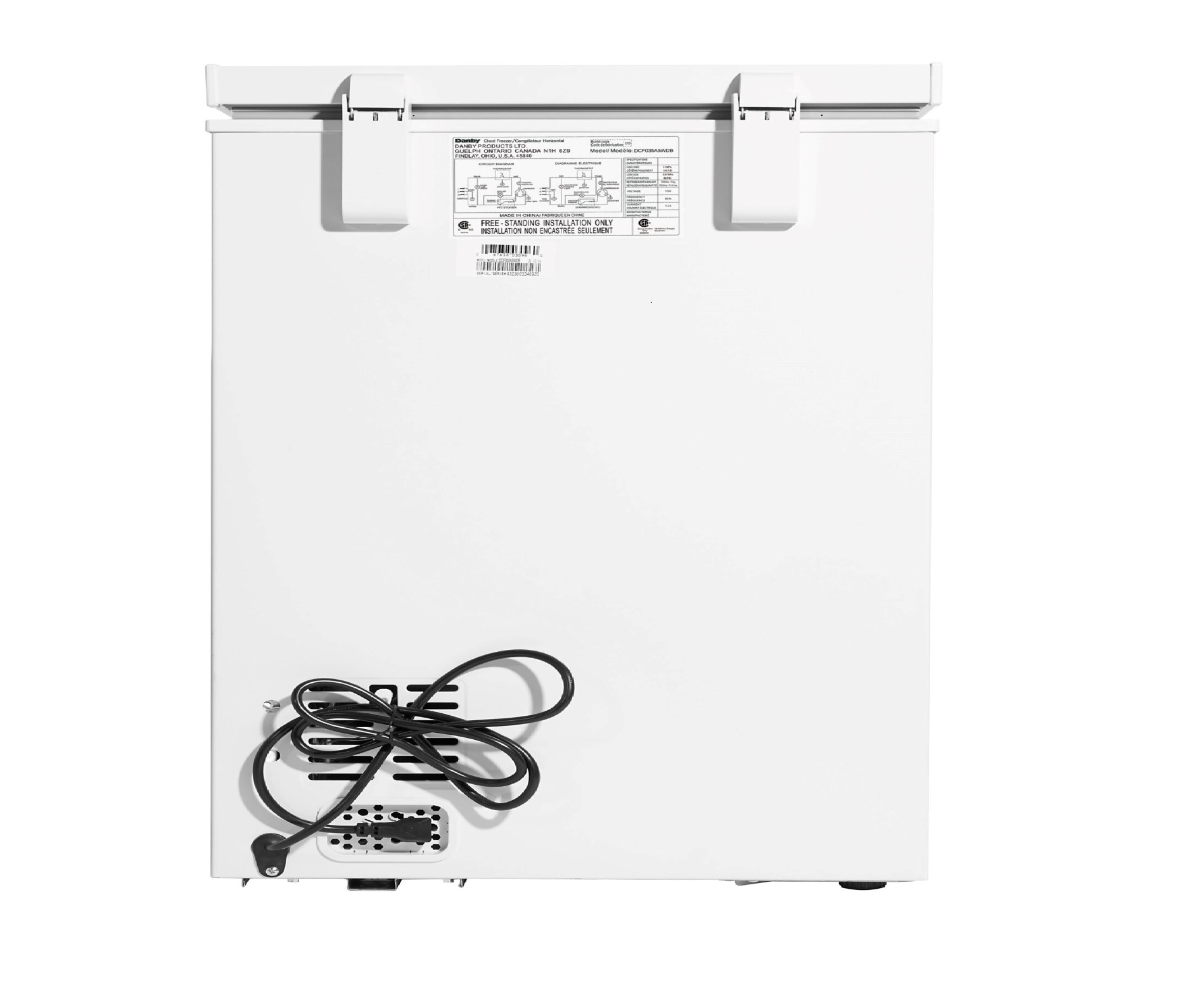
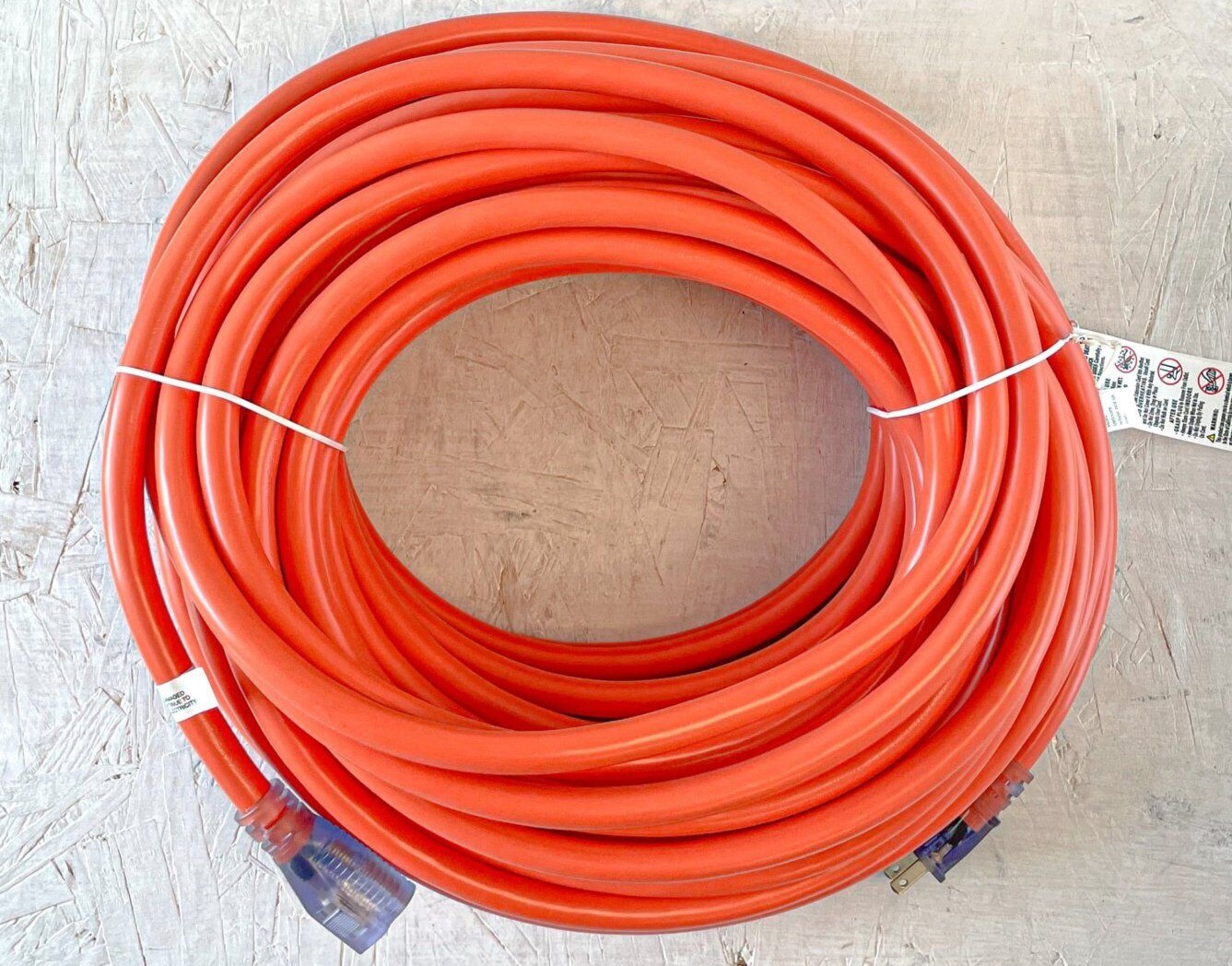
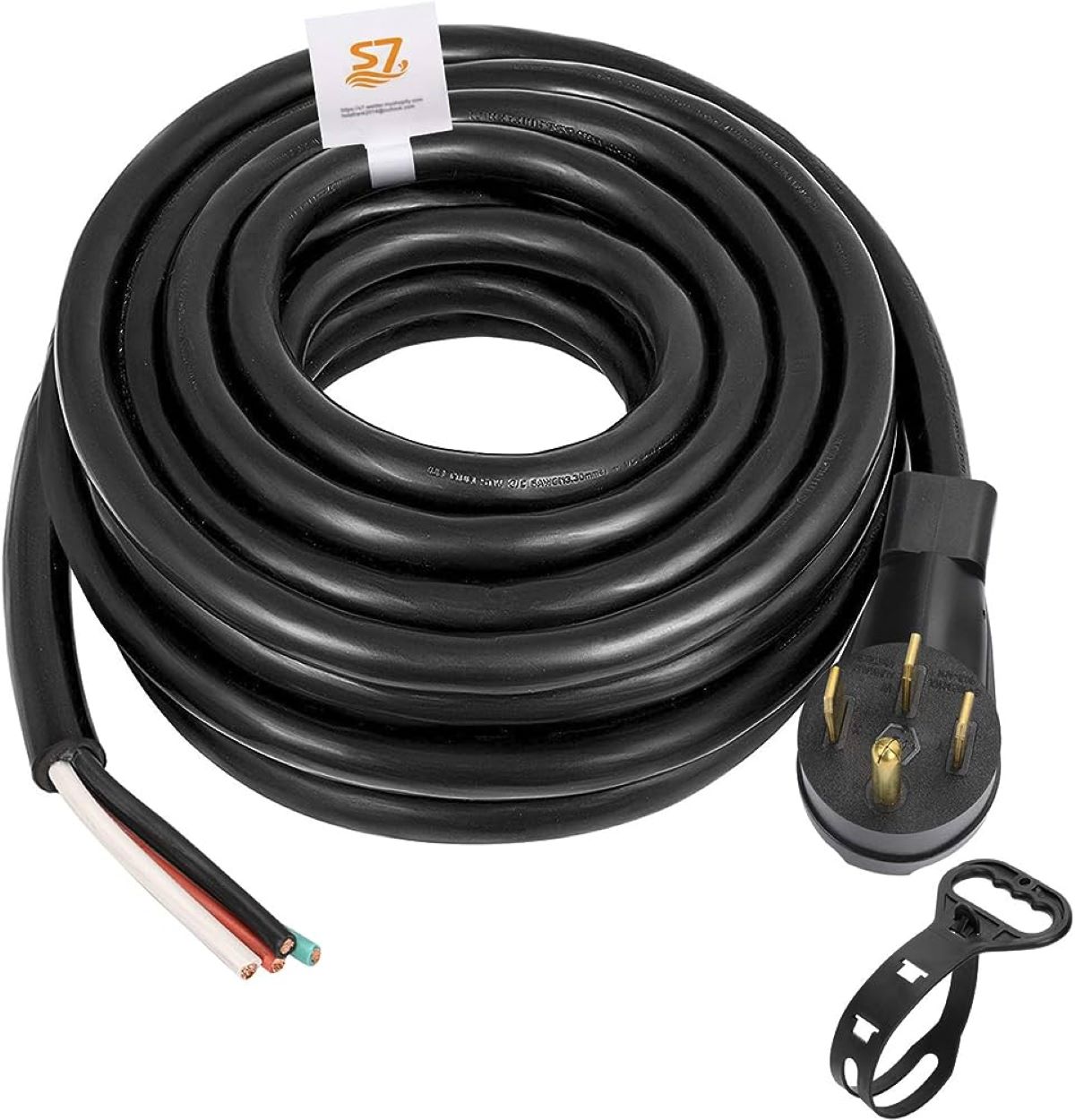
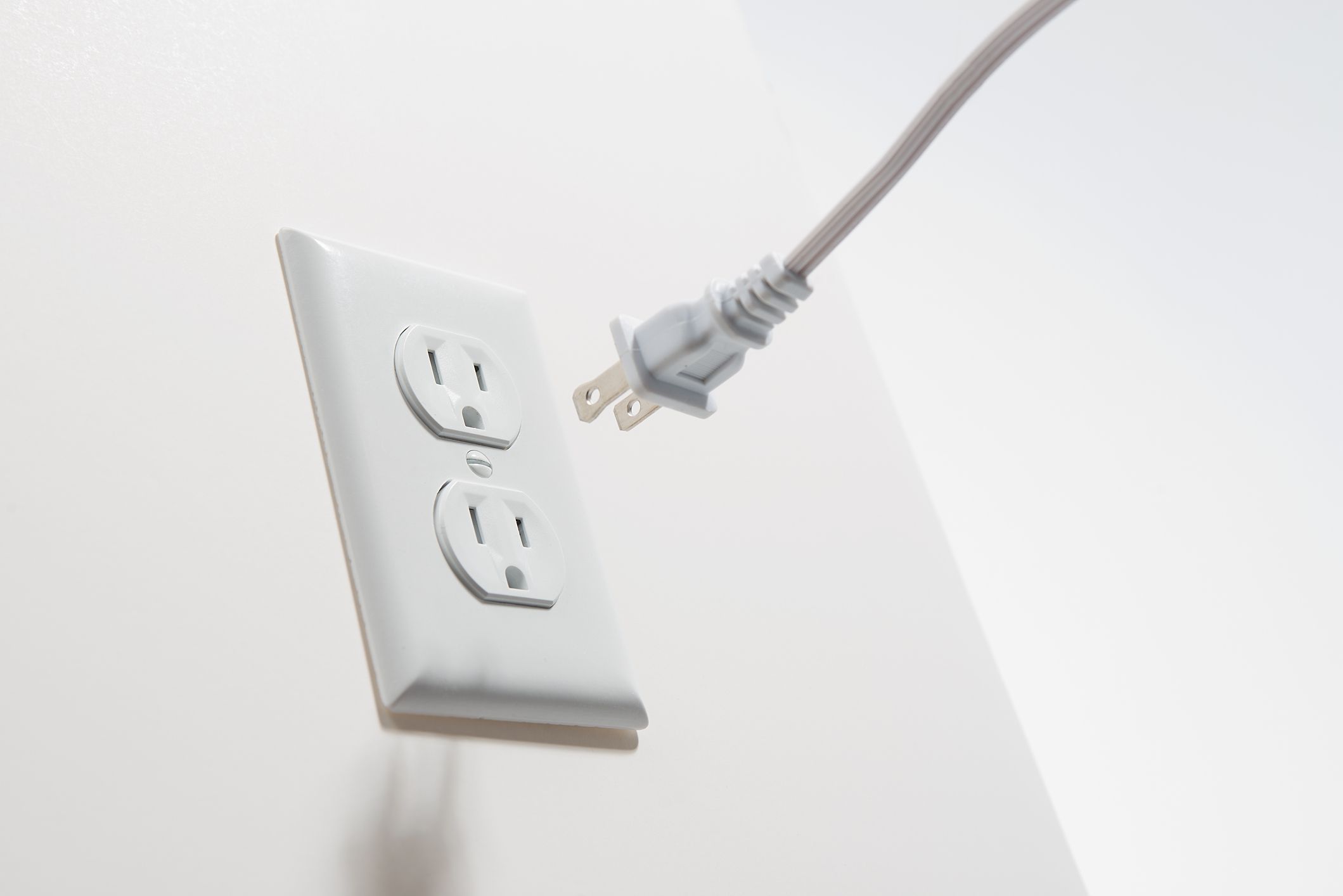
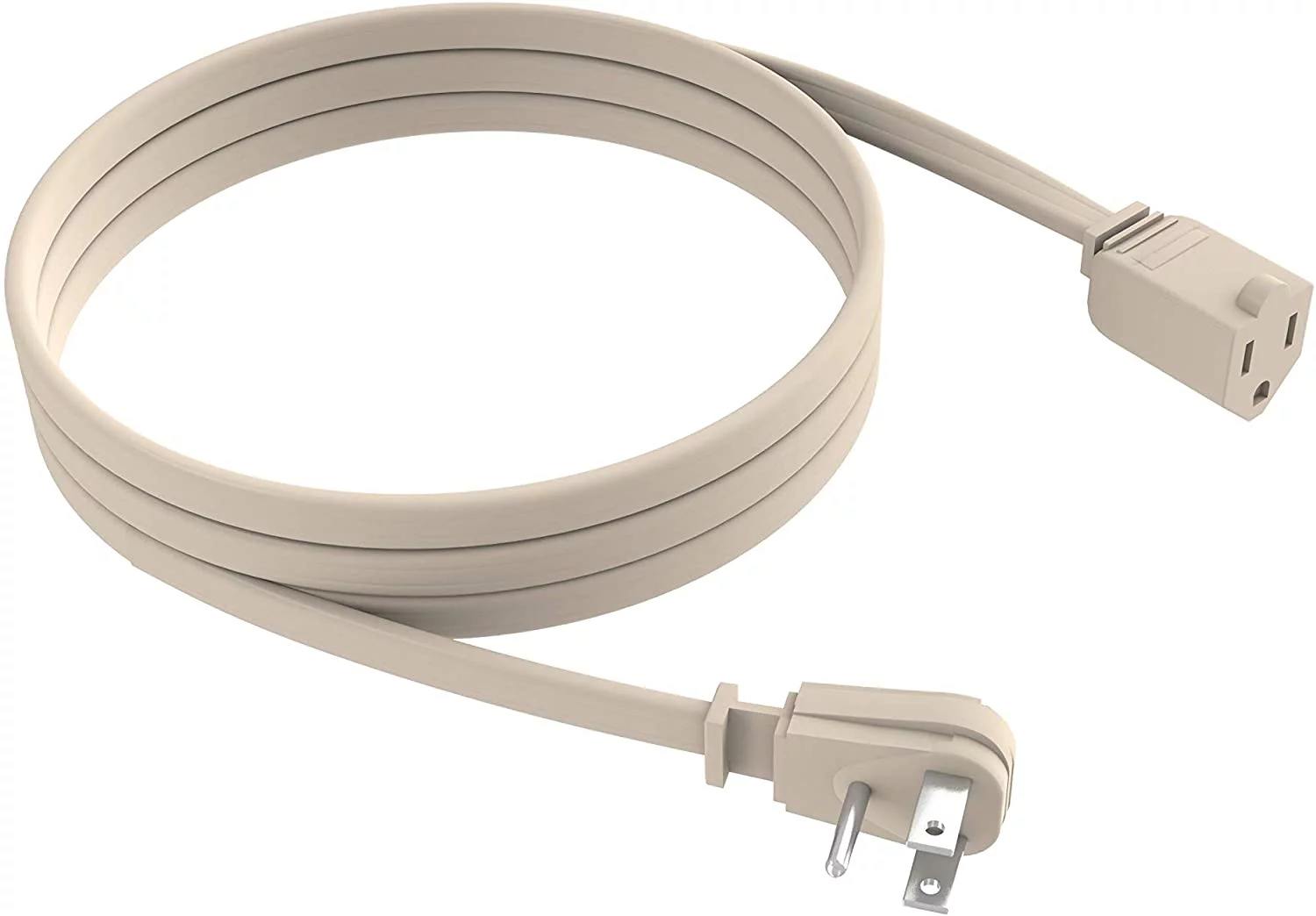
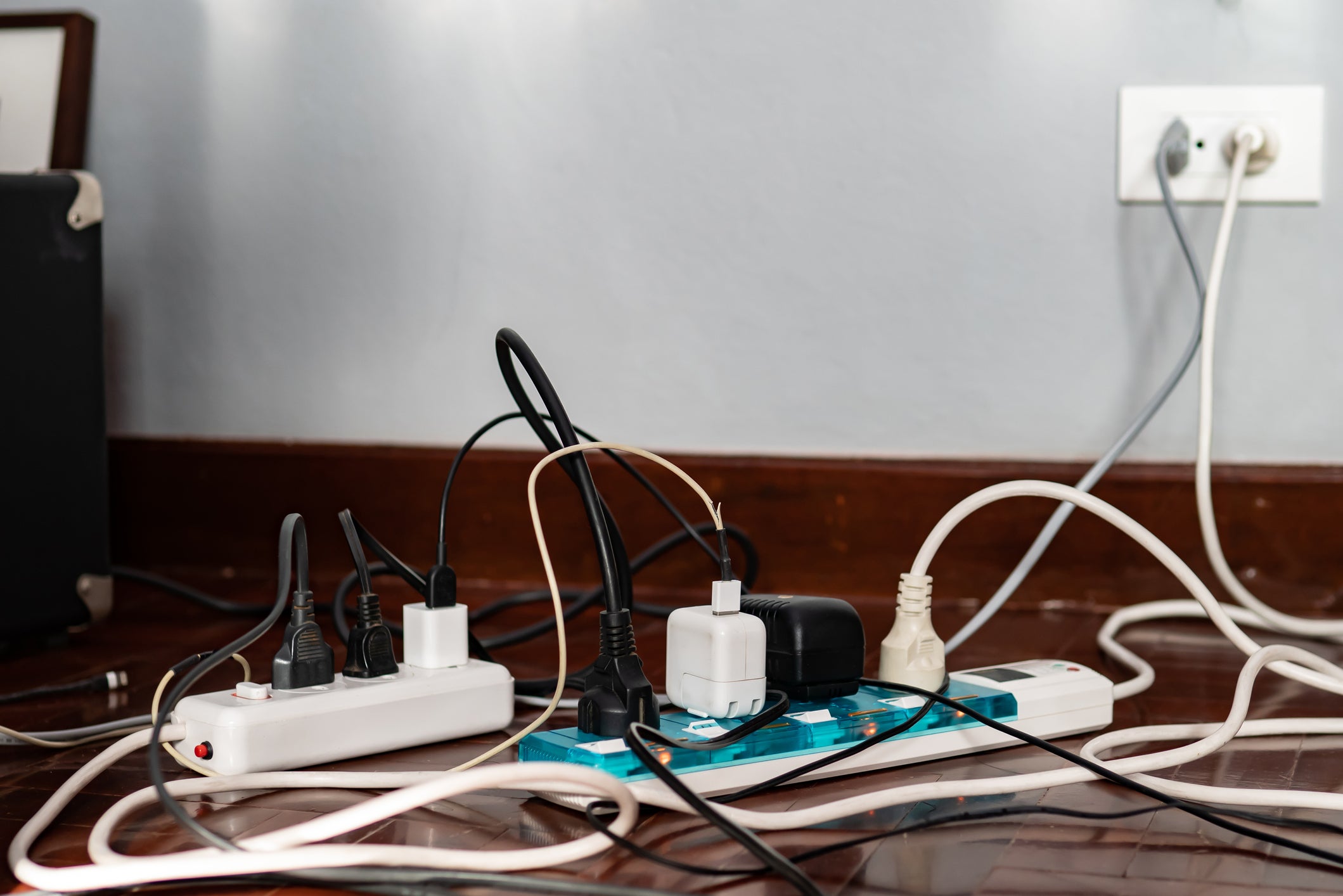
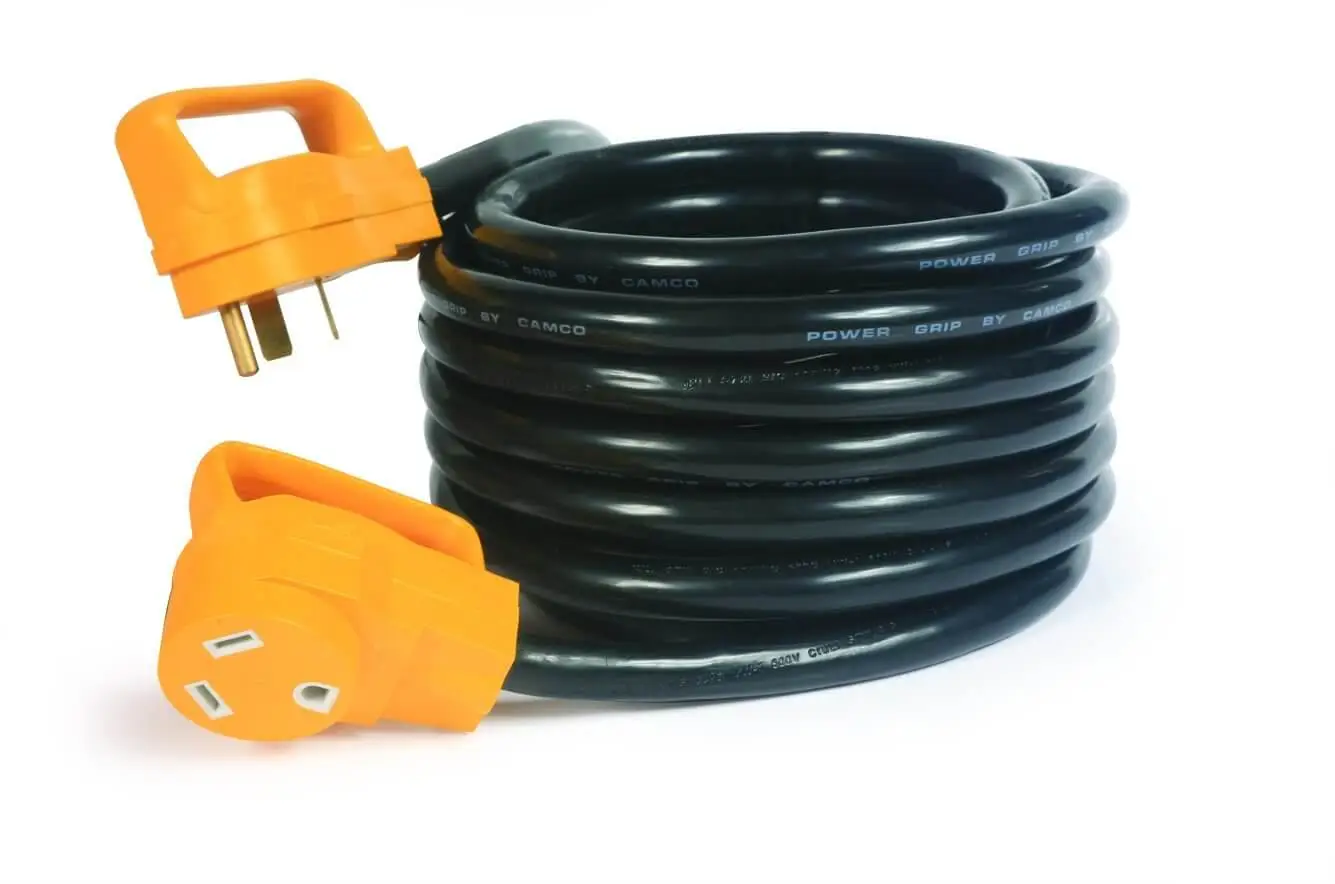

0 thoughts on “What Gauge Extension Cord For Freezer”